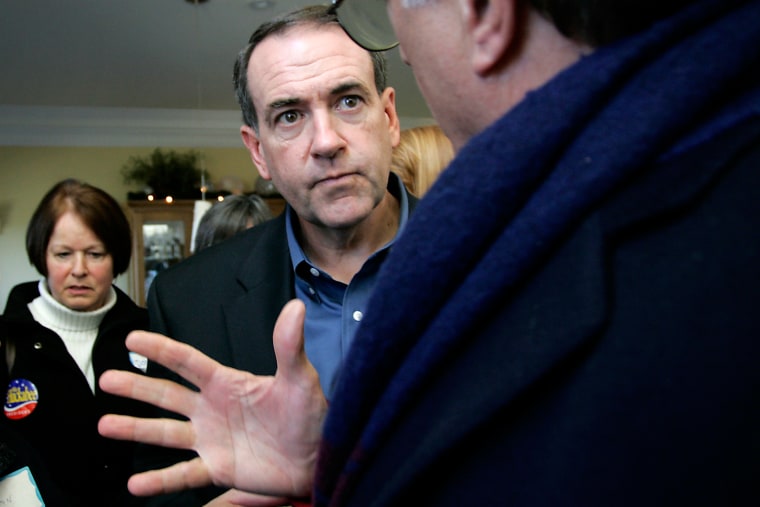In the media, there is often a difference between stories that are important and those that are merely interesting. Depending on your taste, you may find the problems that celebrities have with the demanding rigors of rehab to be mildly amusing, but many fewer people would consider these topics important in the grand scheme of news.
Reports from Iraq and Afghanistan are not much in the news these days, and there are several reasons. For one thing, they have been driven off the scope by these less important — but thoroughly entertaining — stories. For another, after years of combat in the region, the news-consuming public is pretty tired of hearing about Iraq.
In addition, there has been news recently that is both important and interesting. After years of steady financial growth, the now-shaky economy is finally getting the public’s attention. Although the cyclical nature of the economy naturally delivers occasional but painful recessions, the current pinch is exacerbated by a number of factors: the credit squeeze, the meteoric rise in the price of oil, and the expense of Iraq, to name a few.
And we’re in the middle of an election process whose raw entertainment value is tough to match. In the first phase of the campaign, candidates have made headlines not through substance, but with childish personal attacks. Even when they have spoken about their policies, such discussions have rarely grabbed the headlines. Presumably, the Republicans, having selected Sen. John McCain, will deliver little in the way of outrageous sound bites for the next few months, but with Sen. Hillary Clinton and Sen. Barack Obama still locked in a death-match, some fun is still to be had watching the Democrats.
At some point, perhaps even before the Democrats’ convention, the party will have selected its nominee, and the battle for which we have been waiting patiently for over a year will start. After that, commentators say that we should be getting a steady, intellectually satisfying diet of policy debate. The substance, though, may not be as satiating as one would hope.
Both sides need Iraq plans
Iraq won't go away, and both candidates will find it particularly uncomfortable. Neither McCain’s plan to increase troop strength nor the Democrats’ plans to reduce strength dramatically can be achieved without great strategic cost, and their differences may become rancorous but will be devoid of rigor and practical utility. Some voters may come to believe McCain will flood the zone and win the war, but the resources are not readily available and it is unlikely to happen. Similarly, one hopes that any plan to set a timetable or to withdraw troops without considering the strategic implications will be viewed as empty rhetoric.
And how about the economy as a major differentiating issue? Unlike his control of the mechanism of national security, the president has little influence over the health of the economy, save trying to instill some sense of confidence among consumers. Even the Fed can only do so much since it has just one tool, the money supply, and it is effective only at the extremes. Almost all economic muscle is in the marketplace and in Congress, but even the Congress can’t by itself revive a moribund economy. So the candidates may talk about improving economic America, but their plans will be vague or ambitious and impossible.
The candidates are also likely to talk about improving the education of our children, about raising the world’s opinion of America, about saving helpless populations from war, famine and genocide. These are all noble and important goals, too, but they are difficult to begin and even more difficult to achieve.
More than anything else, the president delivers leadership, and without it even the best plan isn’t worth a thing.
Jack Jacobs is a military analyst and a retired U.S. Army colonel. He earned the Medal of Honor for exceptional heroism on the battlefields of Vietnam and also has three Bronze Stars and two Silver Stars.
